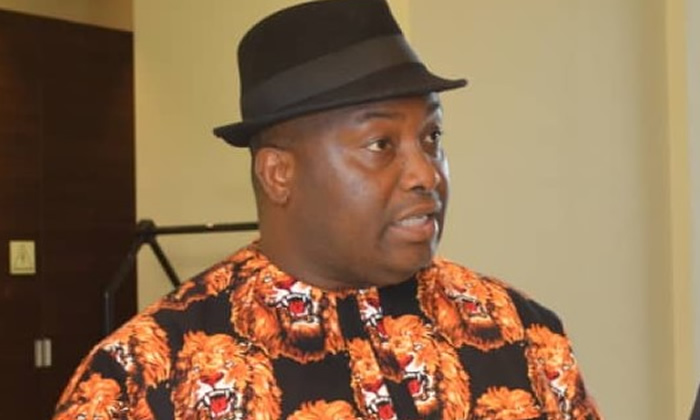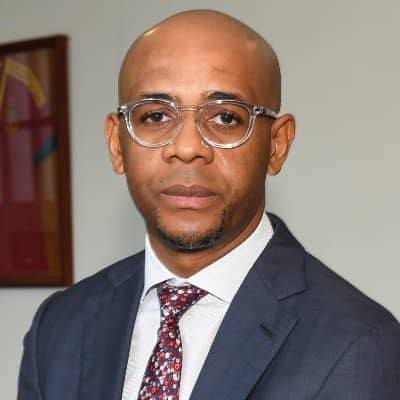
The Director-General of the National Agency for Food and Drug Administration and Control (NAFDAC), Mojisola Adeyeye, has called for the introduction of the death penalty for drug peddlers, particularly those whose actions result in the death of children.
In an appearance on Channels Television’s The Morning Brief on Friday, Adeyeye emphasized that only severe penalties would effectively deter drug peddlers, especially those selling harmful substandard medications.
She shared a troubling example from a recent investigation where children’s medicine was sold at vastly different prices, with one costing N13,000 while a counterfeit version was sold for just N3,000 in the same mall.
When tested at NAFDAC’s Kaduna laboratory, the medicine was found to contain no active ingredients.
“Someone doesn’t need to put a gun to a child’s head to harm them. Just give them bad medicine, and that child’s life can be destroyed,” Adeyeye said, expressing her frustration with the growing issue.
Adeyeye is pushing for a legal framework that would impose harsher penalties for those involved in the trade of counterfeit and dangerous drugs. She stressed the need for cooperation between the judiciary, the National Assembly, and NAFDAC to enforce stricter laws.
“You cannot combat substandard and falsified medicines in isolation. The agency can only do so much, but without strong deterrents, the problem will persist,” she stated.
She cited the case of a person importing a highly dangerous 225mg dose of Tramadol, which could cause severe harm or death, yet only receiving a minimal sentence of five years in prison or a fine of N250,000.
“Who wouldn’t pay a fine of N250,000 and go on to commit the same offense? That’s part of our issue—there are no stringent measures in place to prevent repeat offenses,” Adeyeye added. She urged lawmakers to partner with NAFDAC to make penalties for drug peddling far more severe.
While NAFDAC works tirelessly to address these issues, Adeyeye also highlighted the agency’s struggle with limited staffing and resources. With just around 2,000 employees nationwide, the agency faces significant challenges in carrying out its enforcement duties.
“We are understaffed, and our funding is limited. I hope things will improve so we can strengthen our efforts,” she concluded.

 2 hours ago
2
2 hours ago
2









.png)








 English (US) ·
English (US) ·